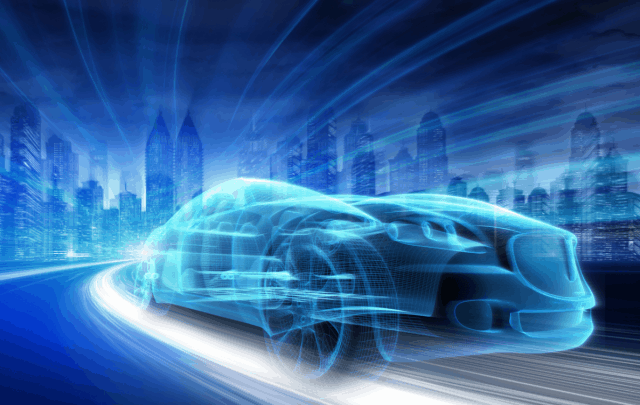As early as September 2016, Renault-Nissan announced its intention to integrate some of Microsoft’s cloud services into its vehicles. This week the company is finally ready to roll out Microsoft’s Connected Vehicle Platform to scale. This makes Renault-Nissan the first Microsoft partner company to do so.
Microsoft’s Connected Vehicle Platform was once called the Connected Car Platform and is primarily aimed at linking Microsoft cloud services, including Azure, Office and more, to vehicles. It is therefore the spiritual successor to the Windows Automotive plan, with which Microsoft once hoped to persuade car manufacturers to implement Windows in their vehicles.
Alliance Intelligent Cloud
Yesterday, Renault-Nissan announced that it will start manufacturing vehicles with the Alliance Intelligent Cloud. The aim of Renault, Nissan and Mitsubishi Motors is to provide cloud services in vehicles delivered in the two hundred markets in which the companies operate. The cars are the first vehicles to be widely available to consumers and powered by the Microsoft Connected Vehicle Platform.
The Alliance Intelligent Cloud will not only use Azure, but according to Microsoft, it must also link various legacy products. The company further states that the Alliance Intelligent Cloud will also provide various services. Think about over-the-air software updates, connected navigation and more. Microsoft also connects the Alliance vehicles to the infrastructure of future smart cities.
The first cars to feature Alliance Intelligent Cloud technology are the new European Renautl Clio and the Nissan Leaf. That last car is coming to Japan and to Europe. Later this year, Mitsubishi will come up with these kinds of cars.
Microsoft, by the way, is not the only supplier of this type of product that cooperates with the three companies. They also signed a contract with Google to supply Android-powered infotainment systems.
This news article was automatically translated from Dutch to give Techzine.eu a head start. All news articles after September 1, 2019 are written in native English and NOT translated. All our background stories are written in native English as well. For more information read our launch article.